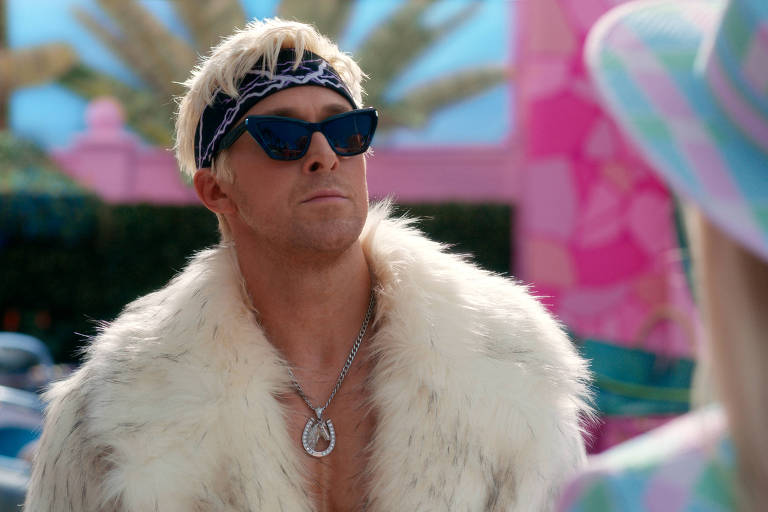While raising first a daughter and then a son, I soon discovered an all-encompassing destructive sexism in our culture, regardless of gender birth or identity. Since my daughter is older and female and rebelled against any ‘girly-girl’ stereotypes, I was on alert for any double standards hindering her abilities and education. But, wow, my true wakeup calls on sexism were when my son, three years younger, began school. At that point I found out how the system, and many authority figures in it, pigeonhole and destroy boy’s emotional development.
My daughter, extroverted and opinionated, had an ambitious drive in her pursuits. Due to those seemingly un-female character traits, she was criticized for not being ‘like the other girls,’ something that had also been fobbed against me in my girlhood. My son on the other hand was a caring and quietly introspective little boy. In any emergency, he was the sweet go-to guy to get you out of a jam and keep your composure. But growing up male with a compassionate, peaceful, and calm personality, he did not easily settle into the gender stereotypes of aggression. Teachers, parents, and peers constantly criticized him for not ‘getting in there’ and being more forceful ‘like the other boys.’ I was shocked to see not only other kids but adults in authority almost forcing him to conform. Peers threatened him with physical violence if he didn’t follow the pack. Teachers, most of whom were female, complained that he needed to be more “assertive” to survive. As a boy he was made to feel ‘less than’ simply because he did not fit the masculine stereotype of violent confrontation that our culture rewards.
Overnight it seemed I had my ah-ha moment. Our culture puts just as much pressure on a boy to be macho and violent as it does on a girl to be sweet and demure.
Which leads me to stand-up comic Jo Koy’s poorly received joke at the Golden Globes. In some ways, Koy deserves the backlash he is getting for his horrible, cringe-worthy attempt at humor at the expense of women everywhere. In his disastrous bit, Koy had elevated Oppenheimer, a movie about unleashing violence on the world, in contrast to Barbie that he claimed, with snark, was “about a plastic doll with big boobies.” Even outrageous jokes can be funny when there is a basis in truth. In this case, he either didn’t see Barbie or didn’t understand the theme of the movie.
Yet in the end, neither the awards, Hollywood movies, nor failed comics were on display that night. The psychology of extreme binary gender roles once exposed led to silence in the live audience, as witnessed by millions in the reels the following day. The audience’s response signified the ‘truth’ of cultural evolution. Barbie isn’t simply about failing girls and diminishing anything female so that “being a woman is nearly impossible,” it is also about Ken who must deal with a hypermasculine gun-toting winner-take-all mentality in a world that almost destroys him. In some ways, as the Millennial generation takes up the storytelling banner, Jo Koy, a gen Xer, may not have comprehended what happened to him that night as he blamed first his writers and then the audience for not playing along with his abject sexism and obtuse belief in all things masculine being more important than anything feminine. America’s Yin/Yang, his reaction seemed to say, was way out of balance. That night at the Golden Globes changed the discourse. In one failed joke, Barbie succeeded in an entertaining and thought-provoking manner.
Maybe forcing Jo Koy to listen to America Ferrara’s monologue in the Barbie movie could have prepared him to understand the reason the audience remained silent that night. It might also make him understand why my daughter had to fight so fiercely to be heard, and why my son had to survive being bullied for simply being himself. Koy’s ‘joke’ adhered to gender restrictions that the comic believed were the norm. Yet that night as the cameras panned the audience, women grimaced, while some men simply shook their heads. It was a cultural zeitgeist that upended gender stereotypes in a flash. Unfortunately, the comic raised on binary gender rigidity may never get it.
What he miscalculated was an enlightened audience of writers and actors among him who disagreed. He seemed to miss the thematic patriarchal knocked down punch of Barbie. This led me to wonder—what was Barbie to my kid’s generation? My daughter promptly threw the dolls in the closet unless they were costumed as a ‘scientist’ or a ‘writer’. My son placed the ‘builder’ Ken doll as the architect of his many wood block bridges beside the ‘astronaut’ Barbie in their respective pink Caddy. Both kids seemed to understand that the doll meant nothing unless it meant something about who they were, what they dreamed to become, and why the freedom to choose their own destinies is the whole point of childhood role-playing, regardless of gender.
So, how do boys keep their wits about them during the role-enforced early years? I credit Barbie’s sidekick, Ken, with helping to show them the way, by working hard to be Ken’enough.
Patriarchy has imposed some truly harmful expectations on boys, limiting their emotional expression, personal development, and overall well-being. Ken’s movie moment starts when he begins to question the limitations imposed by traditional gender roles on him and recognizes the harmful effects placed upon the Barbie universe. Ken explores and then embraces aspects of his own vulnerability, humor, and emotions that challenge the male stereotypes he sees around him in the non-Barbie world. One of the most significant ways boys are harmed is by fostering emotional repression. Boys are often taught from an early age to suppress vulnerable emotions such as sadness and fear or face bullying with physical harm if they don’t adhere to society’s male-sanctioned reactions. Emotional suppression may lead to difficulties in expressing feelings, forming deep intimate connections, and addressing mental health concerns later in life.
Ken, with his deep emotions, defies it all. As he embraces his caring and sharing side, he soon realizes that his attempt to take over ‘Barbieland’ with an imposed phallo-centricity is not only a disaster for the Barbies but is really no fun for the Kens either. It’s at that point Ken tells Barbie, “When I found out the patriarchy wasn’t about horses, I just lost interest anyway.” Maybe that night at the Golden Globes we finally lost interest in propping up a failing patriarchy as the walls of gender restrictions came tumbling down and some of us dreamed of living in a more balanced Barbie and Ken world.




